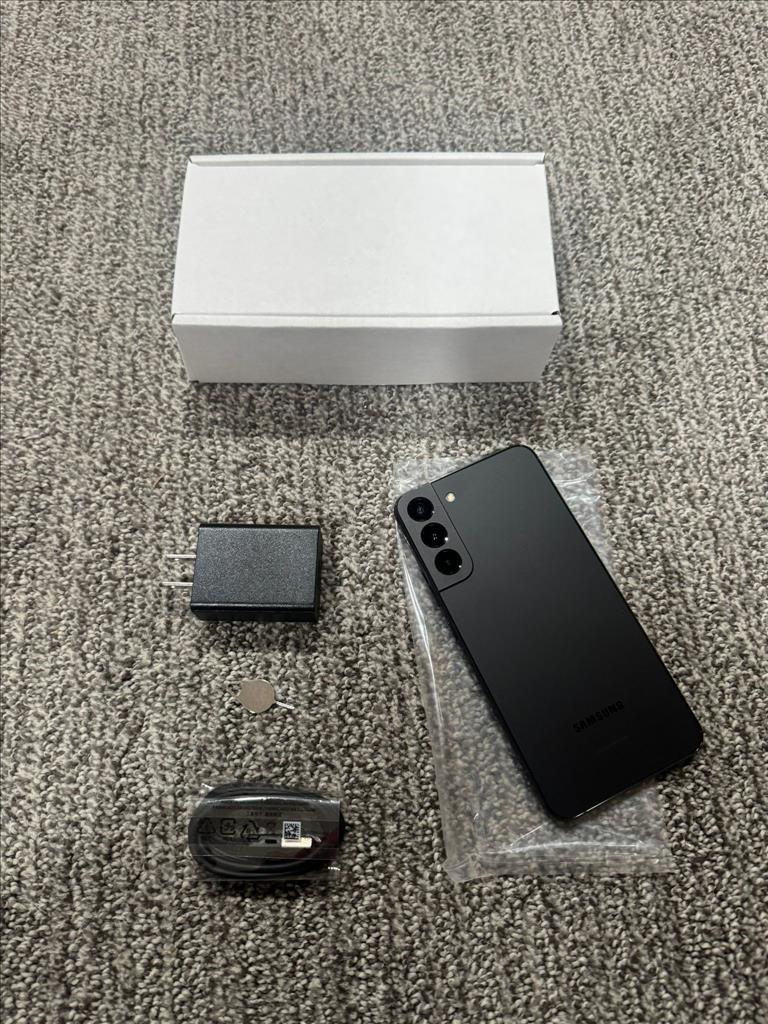
Samsung's $310 Billion Investment To Boost AI Innovation

Samsung has announced a transformative investment strategy, committing $310 billion over the next five years to accelerate its artificial intelligence and technology development. This ambitious move is designed to meet the soaring demand for AI-driven innovations and strengthen Samsung's position at the forefront of global tech advancements.
The investment will be channelled primarily into developing cutting-edge AI technologies, next-generation semiconductors, and other advanced tech products. Samsung's strategy is not just about expanding its product portfolio but also fostering breakthroughs that can redefine the way industries leverage AI in fields such as robotics, data processing, and computing power.
AI and its vast applications have increasingly become central to the operations of major global corporations. Samsung, traditionally known for its consumer electronics and semiconductor products, is now focusing heavily on the sector's enormous potential. The company's move to devote such a significant portion of its capital towards AI underscores the urgency with which the technology is being integrated into global markets, both in consumer-facing products and B2B solutions.
Part of Samsung's AI push involves bolstering its existing semiconductor capabilities. As AI-powered devices and services proliferate, the demand for faster, more efficient chips has escalated. Samsung plans to enhance its semiconductor manufacturing capacity, particularly in areas such as memory chips and processors, which are essential for supporting AI applications. The company has already made strides in this area, with its most advanced chips powering a variety of AI-related applications.
While much of the focus is on AI, Samsung's strategy also includes a broader push into new areas such as 5G, automation, and robotics. The company's move reflects a growing trend among tech giants to diversify their investments in AI and related technologies. For instance, Samsung aims to provide essential infrastructure for AI by developing more advanced robotics platforms, which are set to become a significant part of industrial operations, healthcare, and home automation.
See also SoftBank's Full Exit from Nvidia Fuels OpenAI FocusSouth Korea, Samsung's home country, stands to benefit from the conglomerate's investment drive. The country has long been a hub for technological innovation, and Samsung's expansion in AI technologies further positions South Korea as a leader in the global tech arena. The massive scale of this investment is expected to boost the local economy, create thousands of jobs, and encourage further innovation in the AI sector.
Industry analysts are viewing Samsung's investment as a decisive move to maintain its competitive edge in a tech landscape rapidly being reshaped by artificial intelligence. As AI technologies evolve, those who control the underlying infrastructure-such as advanced chips and processing capabilities-are expected to hold a significant advantage. Samsung's decision to focus on these elements places it in direct competition with other tech behemoths, such as Nvidia, Intel, and Google, who are also making substantial investments in AI.
The company has set a high bar with its investment strategy, which also includes efforts to attract top-tier talent and build partnerships with academic institutions, startups, and other tech companies. This approach aims to foster an ecosystem of innovation and collaboration that could accelerate the development and deployment of AI technologies. By focusing on both research and development, as well as manufacturing infrastructure, Samsung is positioning itself to capture significant market share in emerging AI-driven industries.
Samsung's efforts also signal a shift towards more integrated AI systems. The company's plan involves not only developing AI software but also enhancing hardware to handle the increasing computational requirements of next-generation AI applications. This holistic approach is expected to set the company apart in a market that is quickly becoming saturated with AI-focused products and services.
See also Global Azure Failure Disrupts Microsoft ServicesNotice an issue? Arabian Post strives to deliver the most accurate and reliable information to its readers. If you believe you have identified an error or inconsistency in this article, please don't hesitate to contact our editorial team at editor[at]thearabianpost[dot]com. We are committed to promptly addressing any concerns and ensuring the highest level of journalistic integrity.
Legal Disclaimer:
MENAFN provides the
information “as is” without warranty of any kind. We do not accept
any responsibility or liability for the accuracy, content, images,
videos, licenses, completeness, legality, or reliability of the information
contained in this article. If you have any complaints or copyright
issues related to this article, kindly contact the provider above.


















Comments
No comment